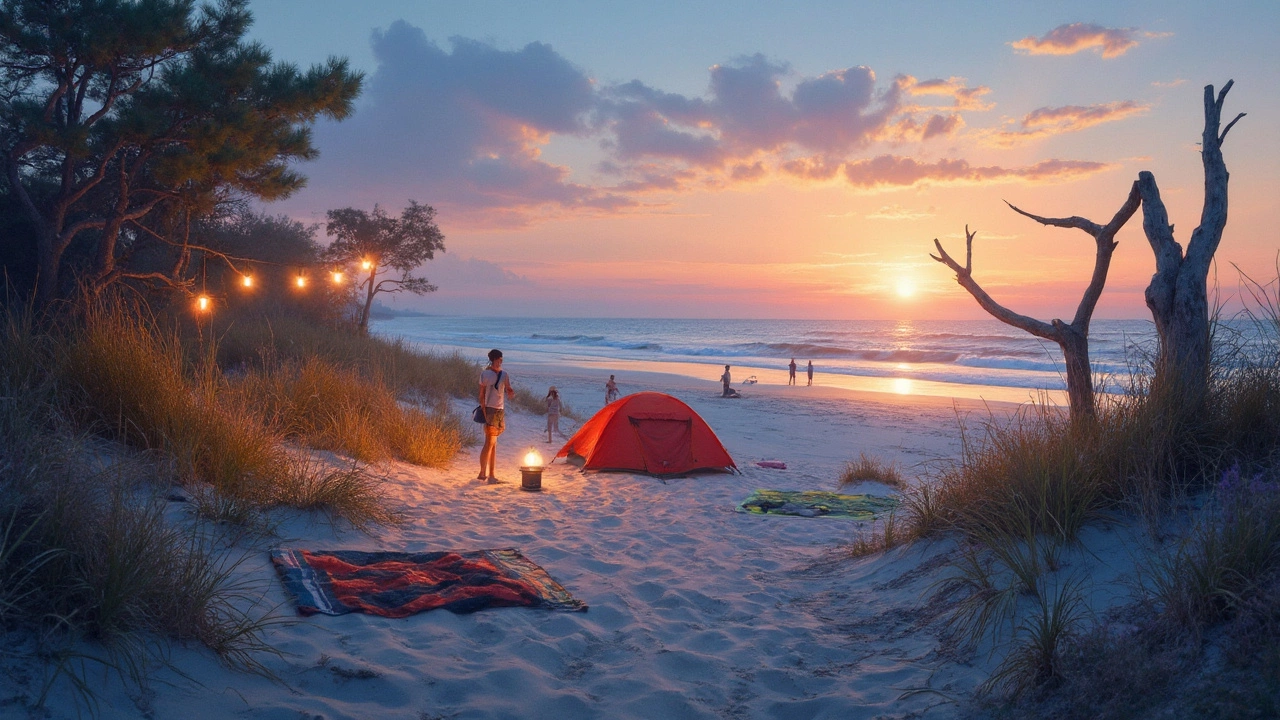Beach Laws – Your Quick Guide to Camping, Shell Collecting & More
Planning a night on the sand or a stroll for pretty shells? You’re not alone. The UK’s coast is beautiful, but it comes with rules that many people overlook. Ignoring them can mean a fine, a police warning, or even being kicked off the beach. Let’s cut through the jargon and give you the facts you actually need.
Camping on UK Beaches: Legal or Not?
Most English beaches fall under strict by‑laws that forbid setting up a tent or sleeping in a motorhome. Some Scottish coasts follow the Outdoor Access Code, which is more relaxed, but even there you must respect local signage and avoid private land. If you find a sign that says “No Camping,” treat it as a hard stop – it’s there for a reason.
Where you can camp legally is limited to designated sites, caravan parks, or beaches that explicitly allow it. Those spots usually have a small fee and basic facilities. Before you pitch a tent, check the local council website or the beach’s own page. A quick Google search like “[beach name] camping rules” often pulls up the official guidance.
Collecting Seashells and Protecting the Coast
Picking up a few shells might feel harmless, but the law treats many shells as protected wildlife. In England and Wales, taking live shells, corals, or anything that’s still attached to the seabed can lead to a fine of up to £5,000. Scotland has similar rules under the Wildlife and Countryside Act.
If you just want a souvenir, stick to dead shells that are already washed ashore and are clearly not part of a living organism. Even then, take only a few – the coast is a shared resource, and over‑collecting can harm habitats and future visitors’ experiences.
Want a guilt‑free alternative? Take photos, sketch the shapes, or use a small bucket to collect sand for a home‑made beach memory. You’ll still get that beach vibe without breaking any rules.
Remember, local authorities can issue on‑spot fines for both illegal camping and shell collecting. The process is simple: a police officer or council officer spots a breach, issues a notice, and you pay the penalty. It’s cheaper to follow the rules from the start.
In addition to fines, illegal camping can lead to your gear being seized or you being asked to leave immediately. That ruins the whole trip and can leave a bad impression for future campers.
So, what’s the best approach? Scout out official campsites in advance, read the signage, and respect wildlife. If you’re unsure, ask a lifeguard or local shop – they’ll usually know the current rules.
By keeping these basics in mind, you’ll enjoy the sea breeze, the sound of waves, and the stunning shoreline without a single hassle. Safe travels and happy beach days!
Is it Legal to Sleep on the Beach in South Carolina?
Exploring whether sleeping on South Carolina's beaches is allowed might surprise you. This article uncovers the legalities while giving useful tips for beach lovers. Discover specific beaches where camping is possible and learn about the laws you need to know to avoid hefty fines or a night at a local jail. Whether you're an adventurous camper or just curious, find the dos and don'ts of beach sleeping in South Carolina.
